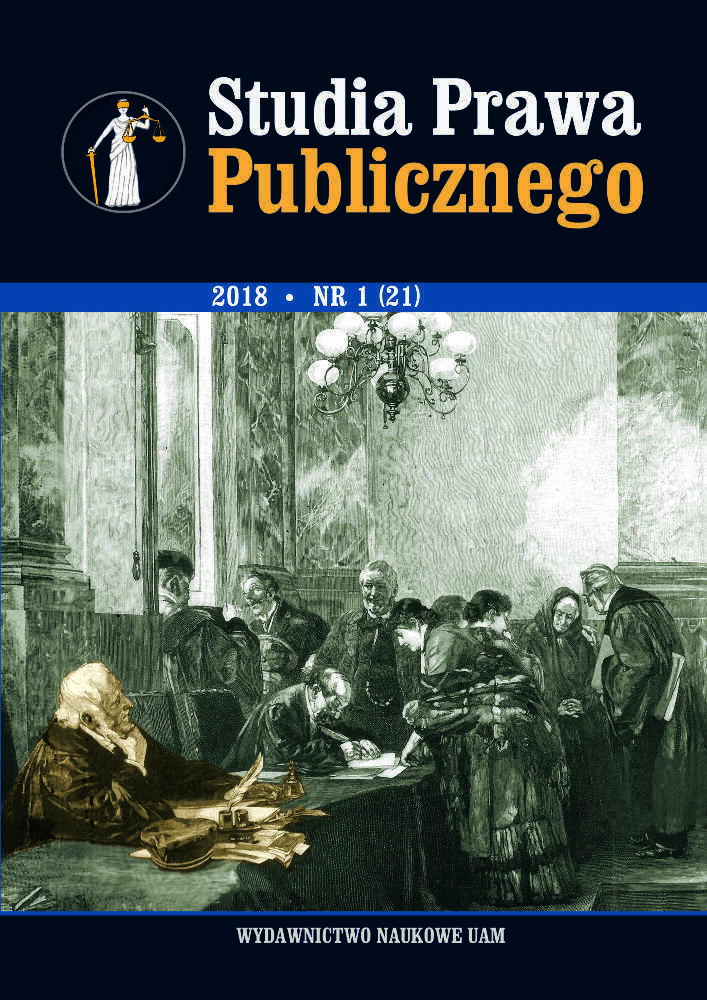Abstract
The problems and prospects of development of the modern Georgian Construction Law are reviewed in the article. Negative tendencies of the construction coefficient trading and negative influence of the above practice in the urban construction are discussed as a problem. In connection with the above, the non-uniform court practice makes the vague legal grounds of coefficient trading even more obscure. The article reviews the legislative changes aimed at bureaucracy reduction implemented in the Georgian Construction Law which brought negative results in addition to positive aspects. In particular, the authorities issuing permits do not approve the structural designs, do not evaluate the competence of the geological survey and more importantly, the quality of construction materials is not checked. Within the framework of the same reform, the regulation obligating to observe the standards of sun exposure and natural lighting for adjacent buildings during construction was revoked since 2008. It is mentioned in the article that the above deregulation, as well as vague legislative regulations cause devaluation of the cost of adjacent buildings of the construction. The authors of the article equalize this fact to indirect expropriation with the difference that no compensation is paid for restoration of their rights and the affected citizens have to engage in procrastinated litigations. Precedents from the court practice are reviewed in the article on this issue which make it clear that the documents issued by administrative authorities are often unsubstantiated. The prospects of the reform of the Georgian construction legislation and Code of Spatial Planning and Construction of Georgia are reviewed in the article.
License
Copyright (c) 2018 Ucha Zakashvili, Koba Kalichava

This work is licensed under a Creative Commons Attribution-NonCommercial-NoDerivatives 4.0 International License.
